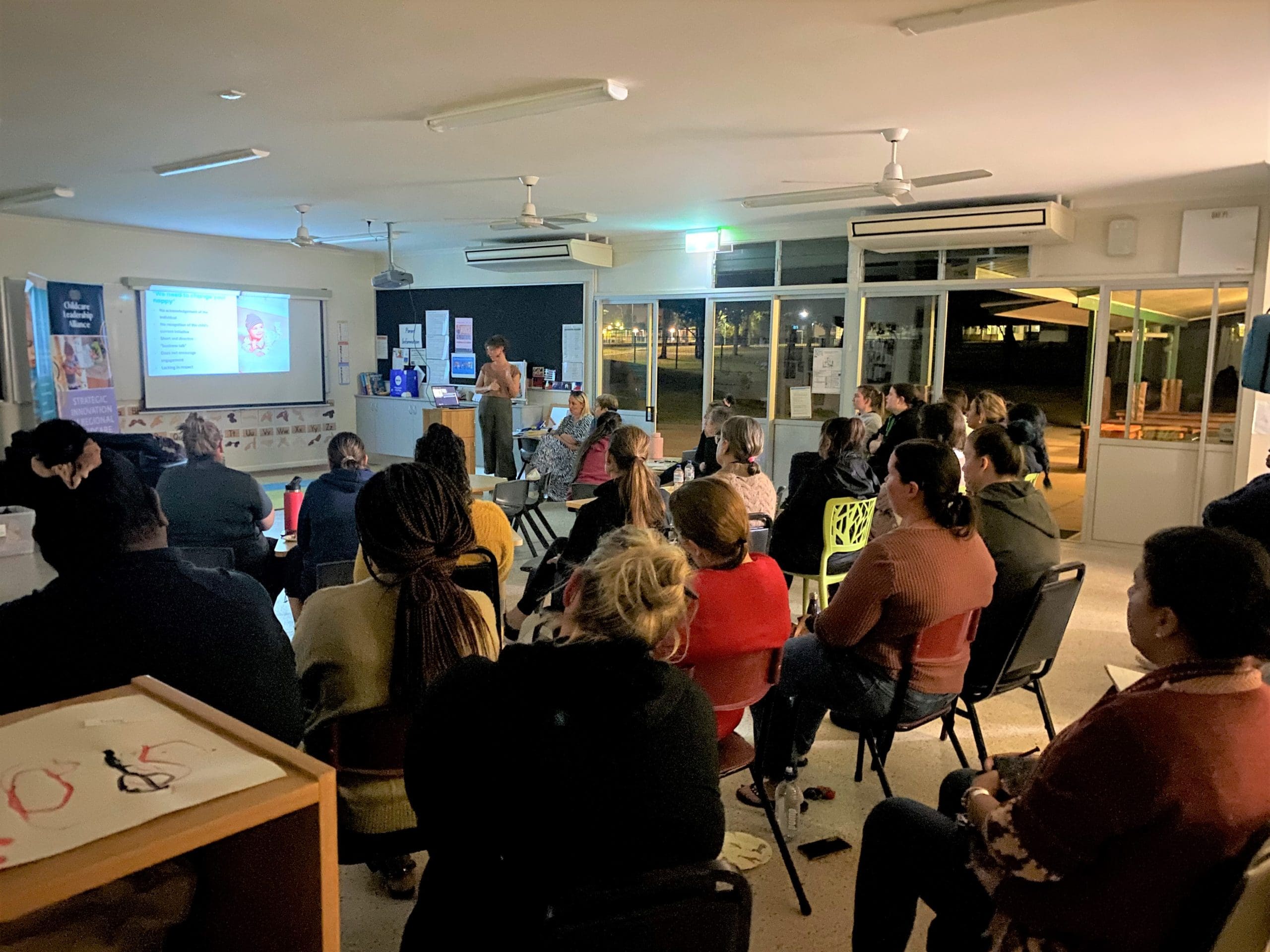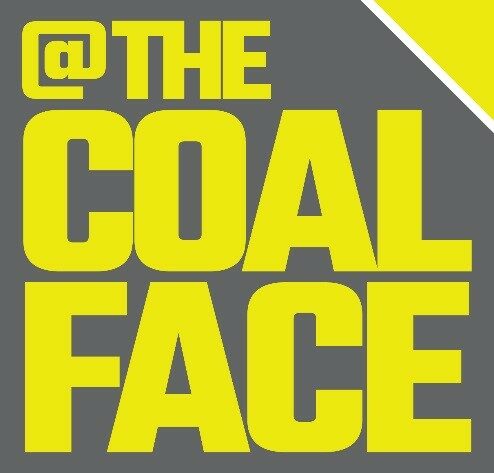Judging by the name, it sounds like a rather sensible policy. But don’t be fooled by the ‘closing labour hire loopholes’ slogan which the Albanese Government stapled to its industrial relations legislation, tabled in parliament last month.
The government’s ‘closing labour hire loopholes’ legislation – otherwise known as Same Job, Same Pay – is misleading and hides the extensive reach and damaging consequences of the most radical intervention in Australian workplaces we have seen in decades.
This legislation is not about ‘closing labour hire loopholes’.
In fact it isn’t about labour hire companies at all, given the legislation doesn’t even define what a labour hire company is?
This legislation is designed to capture any business that provides workers, services or skills to another company, roping in millions of Australian workers right across the economy.
For the mining sector, that reach is extraordinary. And the cost and consequences? Enormous.
If you contract into a mine site, you are captured by Same Job, Same Pay.
If you provide a service to a mining company, such as catering, cleaning or IT support, you are captured by Same Job, Same Pay.
If you operate a construction firm or engineering business or equipment company that is called in to do some work or provide a service at a mine site, you are captured by Same Job, Same Pay.
Those captured businesses will be required to pay their employees the same full-rate of pay and entitlements – including bonuses, share entitlements, and even health care – of a full-time worker in that larger host business.
Suddenly small businesses are competing for wages and entitlements with some of the biggest companies in the world.
There is, of course, a narrow road out of this nightmare scenario; a scenario. But you’ll need a lawyer, or two.
To break off the shackles of Same Job, Same Pay, businesses will have to litigate their way out through the Fair Work Commission, at their own expense and time, satisfying the commission through an ambiguous 12-step test that they shouldn’t be captured.
Now spread that alarming scenario right across the economy, into every sector, and you have a recipe for disaster.
But it is not only small businesses that will suffer the most from these radical changes. Consumers will unfairly shoulder the burden.
When you beat down on business, when you add unnecessary pressure to balance sheets, when you intervene in the market and damage confidence and certainty, it always hits consumers. It always hurts families.
Because just as households feel the benefits when businesses do well, they feel the pain when businesses are forced to pull up on the reins.
Wage growth starts to slide. Unemployment begins to rise, as businesses bunker down, delay investment or scale down. Companies with options look overseas, investing in more stable environments. Tradies receive less contracts, suppliers see their market shrink.
Shareholders and pensioners receive lower dividends, and therefore less spending power. The local shops suffer as a result, and the vicious circle is complete.
The cost of materials ramps up, putting more pressure on the housing market and rents. The price of grocery items continues to climb, as transport and energy costs bite.
It is incendiary to suggest, as some openly have, that business should merely suck it up. To simply absorb the pain.
Many simply don’t have that option. And if they do, someone else feels the pinch down the line.
Tania Constable
CEO, Minerals Council of Australia











